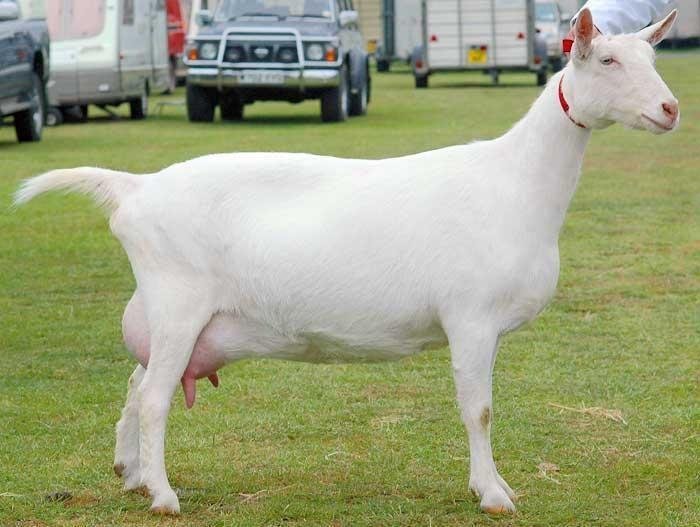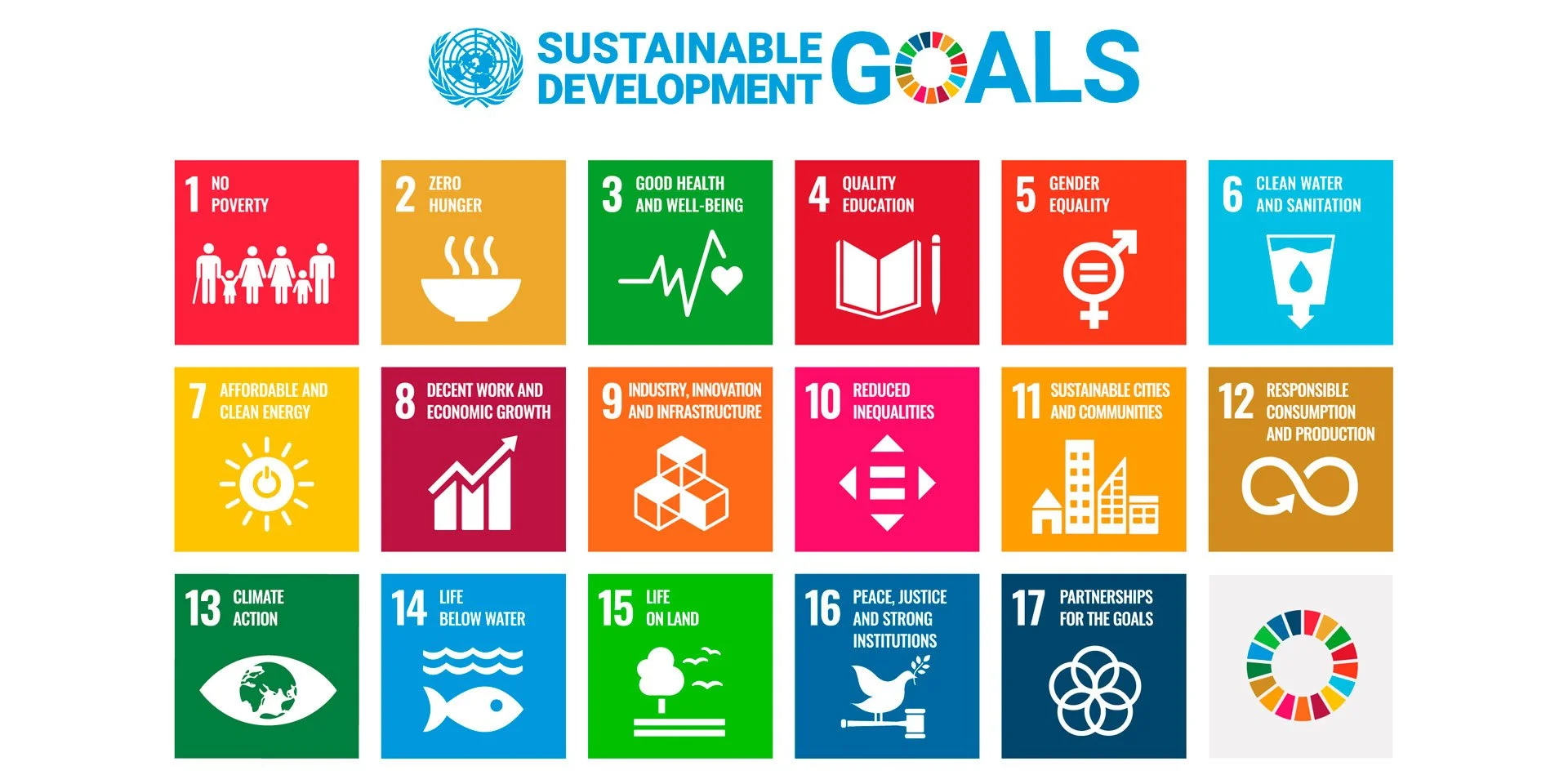Dairy Goats for Ghana
Saanen breed goat, the breed of dairy goat embryos we will be utilizing in Ghana.
The drought that is affecting most of Ghana has impacted their crops and the war in Ukraine has raised the price of imported grains beyond what most people can pay. The hospitals are concerned about infant health because many of the new mothers’ nutrition is too poor for them to make enough milk for their babies. Dr. Lordson Dagba, working with Professor Godwin Deku from Kwame Nkrumah University of Science and Technology (KNUST) in Ghana, came up with a solution so Ghana could handle this issue internally. They asked us if we could help introduce dairy goats to Ghana.
The 2030 Agenda for Sustainable Development, adopted by all United Nations (UN) members in 2015, created in 17 world Sustainable Development Goals (SDGs).
With newfound friends and partners in New Zealand, we have come up with a plan to import frozen embryos from New Zealand to Ghana and transfer them into Ghanaian recipients. The nutritional issues have been worsened by the drought and the war in Ukraine. This has created malnutrition in adults and because of this many of the mothers do not have enough milk to nurse their babies. The University, KNUST, has assured us, if we can get dairy goats to Ghana, they will handle the proper production of baby formula from the goat’s milk, using systems tried and trusted in other African countries.
The term for protein deficiency is kwashiorkor. Affected kids do not look skinny because the lack of protein in their circulation causes a fluid shift and edema in their tissues. The process causes long term problems including stunted growth, mental deficiencies, liver damage, etc. So, we are not just helping on a grass-roots-goat-in-every-home level. We are helping the country find a way to be self-sufficient when mother’s milk is not available. People will say “breast is best.” But this is a different situation and we can all agree that “Fed is best.”
“Studies have shown the benefits of non-cow milk sources to the health of adults and children. The Yonkofa Project and KNUST have agreed that importing dairy goats to Ghana for milk production can contribute to the no-hunger and poverty alleviating goals Sustainable Development Goals (SDG) 1 & 2 respectively.”
Why dairy goats?
A term used is for dairy animals in developing nations in “sustainable nutrition” since you don’t have to kill the animal to benefit nutritionally. Laying hens are another example, which we have introduced to the Presbyterian School in Enchi.
Our kids in Ghana must get malaria about 5 times before they start to be resistant. These infections can be anywhere from mild to life threatening. Malaria infection both increases nutritional demands and worsens malnutrition, and the severity of infection is worsened by poor nutritional support. Because of this, malaria feeding stations are a thing. This is where the mother and child go to live until the child recovers their body condition. Usually the mother is provided some sort of occupational training like soap making or bead making, while she is there. These feeding stations are few and far between. To attend one, a mother must withdraw the usual support she provides feeding the rest of her family. The nutritional issues have been worsened by the drought and the war in Ukraine. This has created more malnutrition in adults and because of this many of the mothers do not have enough milk to nurse their babies.
“Dairy goats have the potential to transform the dairy industry in Ghana as most of the communities are familiar with goats, and the relatively small sizes of goats make them less intimidating, which will encourage women and even children to participate in the project.”
How can I help?
You can donate to support these embryos and this project; each embryo is $300 but any amount will help. We hope to start with sending 100 embryos. You can also donate and dedicate a goat embryo in honor of someone. Click the button below to learn more!



